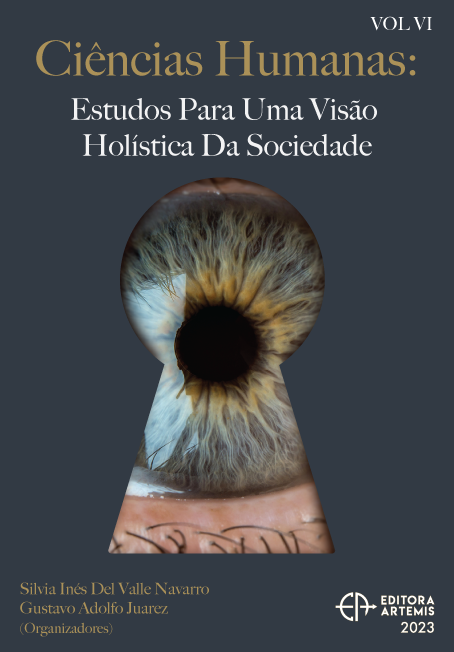
O RÁDIO CLUBE PORTUGUÊS E A GUERRA CIVIL ESPANHOLA
O Rádio Clube Português (RCP) foi inaugurado em 1931, sucedeu ao extinto Rádio Clube da Costa do Sol (CT1GL), e era propriedade de Jorge Botelho Moniz e Alberto Lima Basto. Botelho Moniz foi um dos oficiais do Exército que colaborou no golpe militar de 28 de maio de 1926, e que, obviamente mantinha boas relações com o Estado Novo. Com apenas duas horas de emissão diárias, Botelho Moniz rapidamente percebeu que se tornava necessário aumentar a oferta do RCP e em 1932, dava início ao serviço de notícias entre as 00:00 e as 00:30 e um ano mais tarde aumentava em uma hora o tempo de difusão. À luz dos acontecimentos, a estratégia de Botelho Moniz foi muito clara desde o início. Por um lado, manter-se ao lado do regime de Oliveira Salazar, como atesta o apoio explícito que o Rádio Clube Português deu às tropas franquistas no decorrer da guerra civil espanhola e por outro lado manter uma distância critica em relação ao Estado Novo que permitisse reivindicar os meios necessários para que a sua estação de rádio tivesse as melhores condições para poder trabalhar. De facto, foi através do Rádio Clube Português que os portugueses tomaram conhecimento e acompanharam a par e passo o desenrolar da guerra civil espanhola, naquilo que ficou assinalado como a primeira experiência de reportagem jornalística. Com efeito Botelho Moniz e Alberto Lima Basto, declararam-se desde a primeira hora, diria mesmo, desde o primeiro segundo, como apoiantes das tropas do general Franco, tendo os serviços noticiosos do RCP servido inclusive para passar informações codificadas para as tropas entrincheiradas. Esta é uma história cheia de ambiguidades, mas que permitiu ao RCP cimentar uma notoriedade por todos evidenciada.
O RÁDIO CLUBE PORTUGUÊS E A GUERRA CIVIL ESPANHOLA
-
DOI: 10.37572/EdArt_28052380419
-
Palavras-chave: Rádio Clube Português; General Franco; guerra civil
-
Keywords: Rádio Clube Português; General Franco; civil war
-
Abstract:
Rádio Clube Português (RCP) was opened in 1931, succeeded the extinct Rádio Clube da Costa do Sol (CT1GL), and was owned by Jorge Botelho Moniz and Alberto Lima Basto. Botelho Moniz was one of the army officers who collaborated in the military coup on May 28, 1926, and who obviously maintained good relations with the Estado Novo. With only two hours of daily broadcast, Botelho Moniz quickly realized that it was necessary to increase the RCP offer and in 1932, he started the news service between 00:00 and 00:30 and a year later it increased by one hour diffusion time. Botelho Moniz’s strategy was very clear since the beginning. Remain on the side of the Oliveira Salazar regime, as evidenced by the explicit support that Rádio Clube Português gave to Francoist troops during the Spanish civil war and on the other side, maintain a critical distance in relation to the Estado Novo that would allow claim the necessary means so that your radio station has the best conditions to be able to work. In fact, it was through Rádio Clube Português that the Portuguese became aware and followed the progress of the Spanish civil war, step by step, in what was marked as the first portuguese experience of journalistic reporting. Botelho Moniz and Alberto Lima Basto, declared themselves from the first hour, I would even say, from the first second, as supporters of General Franco’s troops, having the RCP news services even served to pass codified information to the entrenched troops. This is a story full of ambiguities, but which allowed RCP to cement a notoriety for all evidenced.
-
Número de páginas: 16
- Fernando Neves

